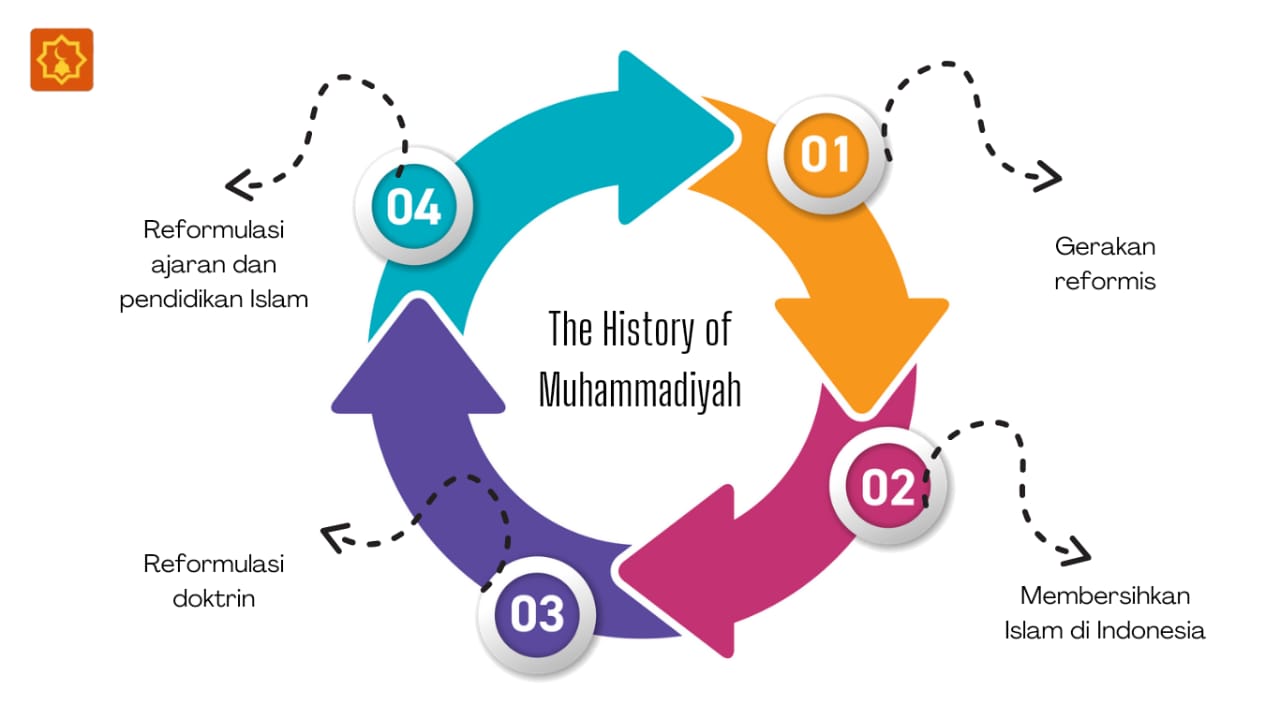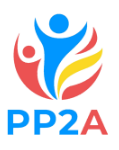Indonesian Vs. Thailand: The historicity of Muhammadiyah's "founding idea," what is the vision of Muhammadiyah's mission?
Keywords:
Historicity, Muhammadiyah, Socio-Political Development, Education, InternationalAbstract
In the early 2020s, this study examines the origins and ideas of the historicity of the Muhammadiyah movement in Indonesia at the beginning of the 20th century. The focus is on the theological principles of tajwid and ijtihad, as expressed by Ahmad Dahlan, the founder of Muhammadiyah. This study examines the historical significance of Muhammadiyah, including its fundamental principles, historical background, and influence on Indonesian society. Previous studies regarding the historical importance of Muhammadiyah mainly focused on one nation, Indonesia, and examined two specific aspects, namely the socio-political dimension. However, this research will focus on the historical significance of Muhammadiyah in three areas: educational, social and political contexts. Furthermore, the discussion will also examine Muhammadiyah's activities in Thailand. A thorough literature review was conducted last decade using publish or perish (PoP) hazing applications. This assessment involves utilizing several databases, such as “PupMed,” “ABIInform,” “EBSO Host,” “Emerald,” “Google Scholar,” “Science Direct,” “ProQuest,” “Web of Science,” and “ERIC.” This study integrates the use of several theoretical frameworks, including "Historicity", "Muhammadiyah", "Socio-Political Development", "Education", and "International". Emphasis is placed on the impact of Dutch colonial rule, but its connection to the broader Islamic reformist movement remains limited. This study offers a comprehensive survey of existing literature regarding the historicity process within Muhammadiyah, exploring the basic concepts and historical background. There is a need for a thorough analysis of the long-term impact and comparative evaluation of distribution strategies and research methodologies. Data were analyzed through data reduction, presentation and conclusion/verification procedures using the 7P SLR diagram technique. This approach was used to ensure the uniqueness of the findings. A review of the scientific literature reveals Muhammadiyah's significant contribution to facilitating comprehensive education, fostering cognitive autonomy, and overcoming social barriers through implementing social welfare initiatives. This study also examines the impact of this movement on the development of a progressive understanding of Islam in a cultural and socio-economic context. This analysis highlights the correlation between Muhammadiyah's fundamental concepts, historical background, and societal influence. This study advances scholarly understanding of the Islamic reform movement. It offers valuable insights into the complex dynamics between theological principles and societal change in Indonesia and how to examine the influence of Muhammadiyah in Thailand.
Downloads

Published
How to Cite
Issue
Section
License
Copyright (c) 2024 Assyfa Journal of Islamic Studies

This work is licensed under a Creative Commons Attribution-ShareAlike 4.0 International License.

 Universitas Muhammadiyah Malang, Indonesia
Universitas Muhammadiyah Malang, Indonesia
 Krirk University, Bangkok, Thailand
Krirk University, Bangkok, Thailand















